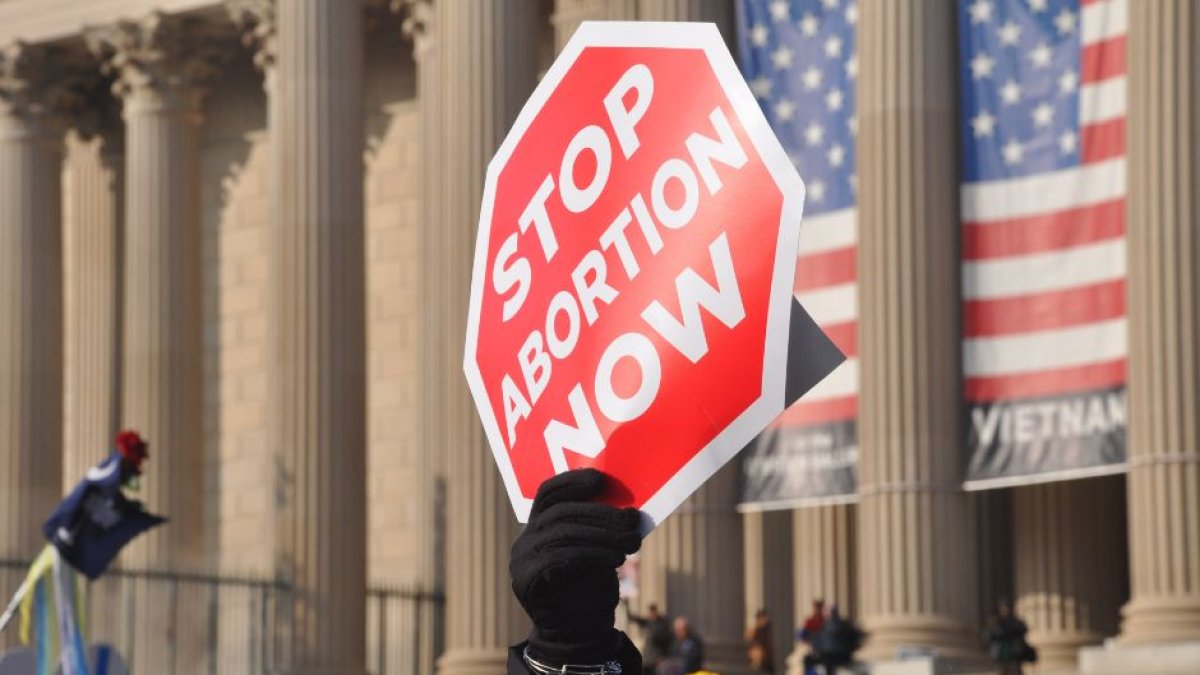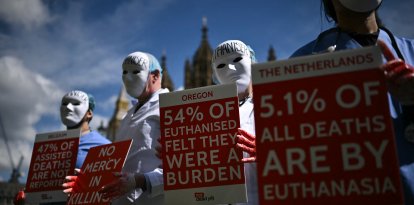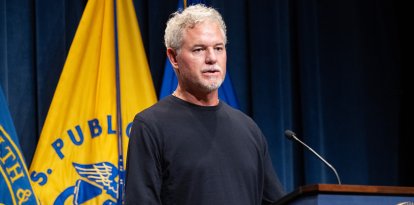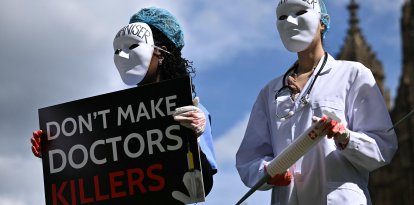Utah governor signs bill banning abortion clinics into law
Spencer Cox confirmed that the rule to defend "the innocent" and the "unborn" outlaws these centers as of 2024.

(Unsplash)
Utah Governor and Republican, Spencer Cox, signed into law Wednesday, a bill outlawing all abortion clinics and abortion procedures in the state. The ban will be a complete ban and comes into effect as of January 1, 2024, although as of May 2 of the same year no new licenses will be granted to these types of centers.
The state Senate approved the rule last Friday. The legislators argued that following the Supreme Court ruling that abortion is not a constitutional right, abortion clinics are not needed in the state. They also stressed the need to defend the "innocent" and the "unborn."
Legal clarifications on abortion in Utah
The law, however, maintains common exceptions such as pregnancy in case of rape, incest, if the mother's health is at serious risk or a fetal anomaly incompatible with life. Abortions are now legal in Utah up to 18 weeks of pregnancy, after the courts temporarily blocked a law that banned them altogether.
The law, to avoid legal confusion, ratifies the definition of abortion contained in Chapter 7A of Title 76 of the Utah Code:
Abortion clinics will study every word
Planned Parenthood announced that it will carefully study every word of the law and is considering applying for a new license to provide hospital-like services. In addition, they noted that they will continue to provide most of their services, such as testing for sexually transmitted diseases and cancer screening. For the time being, they did not make any pronouncement on the possibility of denouncing the law as they did with the 2020 rule.

























